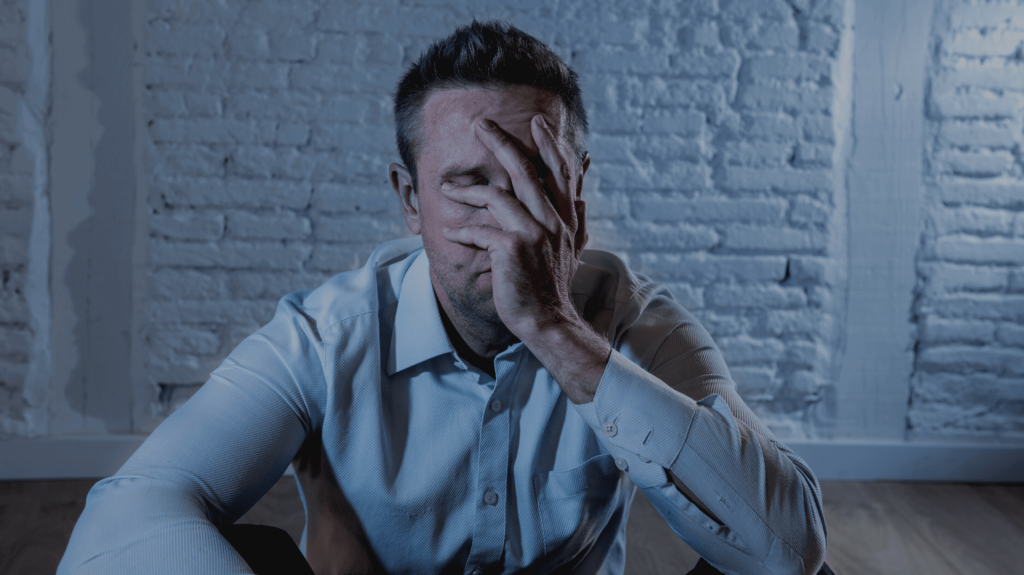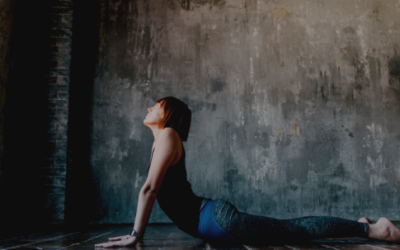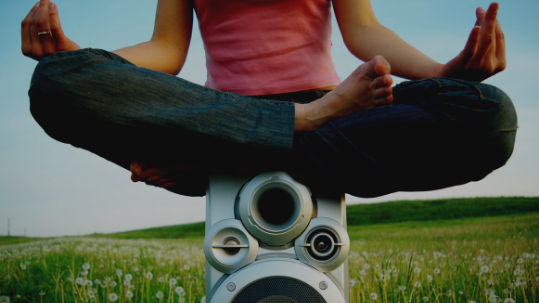“We all know the famous names who have taken their lives, some have been my friends, but I also know that the roadies are the hardest working and the lowest paid in the industry. These people travel and work 16 or 20-hour days, break their bodies and often rely on drugs and alcohol just to get them through.”
-Mark Opitz (AC/DC, Cold Chisel, INXS)
What is depression?
Depression is a clinical mood diagnosis that includes persistent feelings of sadness, loss of interest in daily activities, and feelings of hopelessness. Depression affects our emotions, relationships and perceptions and does not require a loss or change in circumstances to trigger. Depression is not something that you can simply “snap out of” and often requires medical interventions to treat.
It is important to understand the difference between sadness and depression. Sadness is a normal human emotion that everyone experiences from time to time and is most likely triggered by an emotional event or loss. Sadness will decrease with time as the emotionally triggering event fades in your life.
An estimated 16 million American adults—almost 7% of the population—had at least one major depressive episode in the past year. People of all ages and all racial, ethnic and socioeconomic backgrounds experience depression, but it does affect some groups of people more than others. Women are 70% more likely than men to experience depression, and young adults aged 18–25 are 60% more likely to have depression than people aged 50 or older.
Common Signs of Depression
(occurring for 2 or more weeks)
» Anger, aggressiveness, irritability, anxiousness, restlessness
» Feeling empty, sad, hopeless
» No longer finding pleasure in activities, feeling tired easily,
» Thoughts of suicide
» Drinking excessively, using drugs
» Engaging in high-risk activities
» Reduced sexual desire, lack of sexual performance
» Inability to concentrate, difficulty completing tasks, delayed responses during conversations
» Insomnia, restless sleep, excessive sleepiness
» Fatigue, pains, headache, digestive problems
Common Treatment of Depression:
» Medications including antidepressants and mood stabilizers (ALWAYS contact a psychiatrist before taking any medications)
» Psychotherapy: Cognitive Behavioral Therapy, Family Therapy, Eye Movement Desensitization and Reprocessing (EMDR)
» Exercise
» Alternative Therapies: Meditation, Breath-work, Acupuncture, Nutrition, Reiki
» Brain stimulation therapies including electroconvulsive therapy (ECT) or repetitive transcranial magnetic stimulation (rTMS)
Left untreated, Depression can lead to a decrease in social relationships, isolation, substance abuse and suicidal thoughts. If you are having any thoughts of harming yourself, please call the National Suicide Hotline (link) or click here to find local resources in your community.
Additional Resources:





